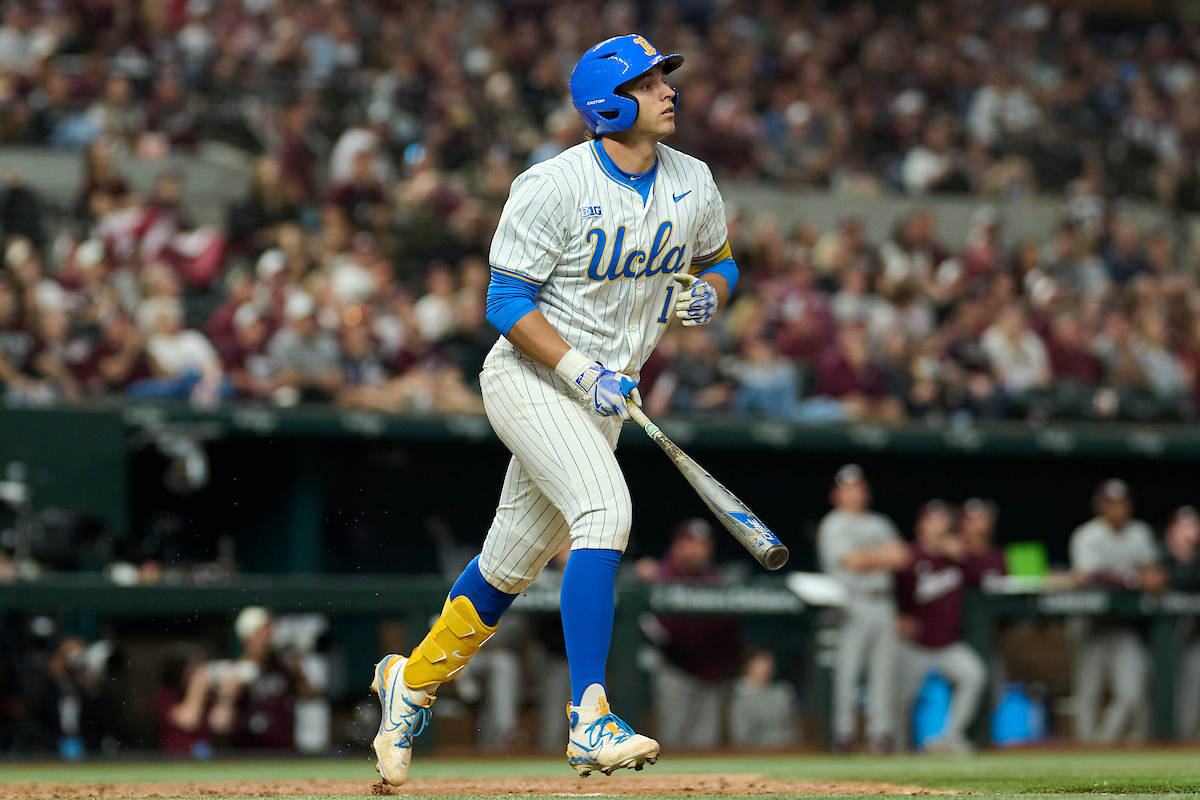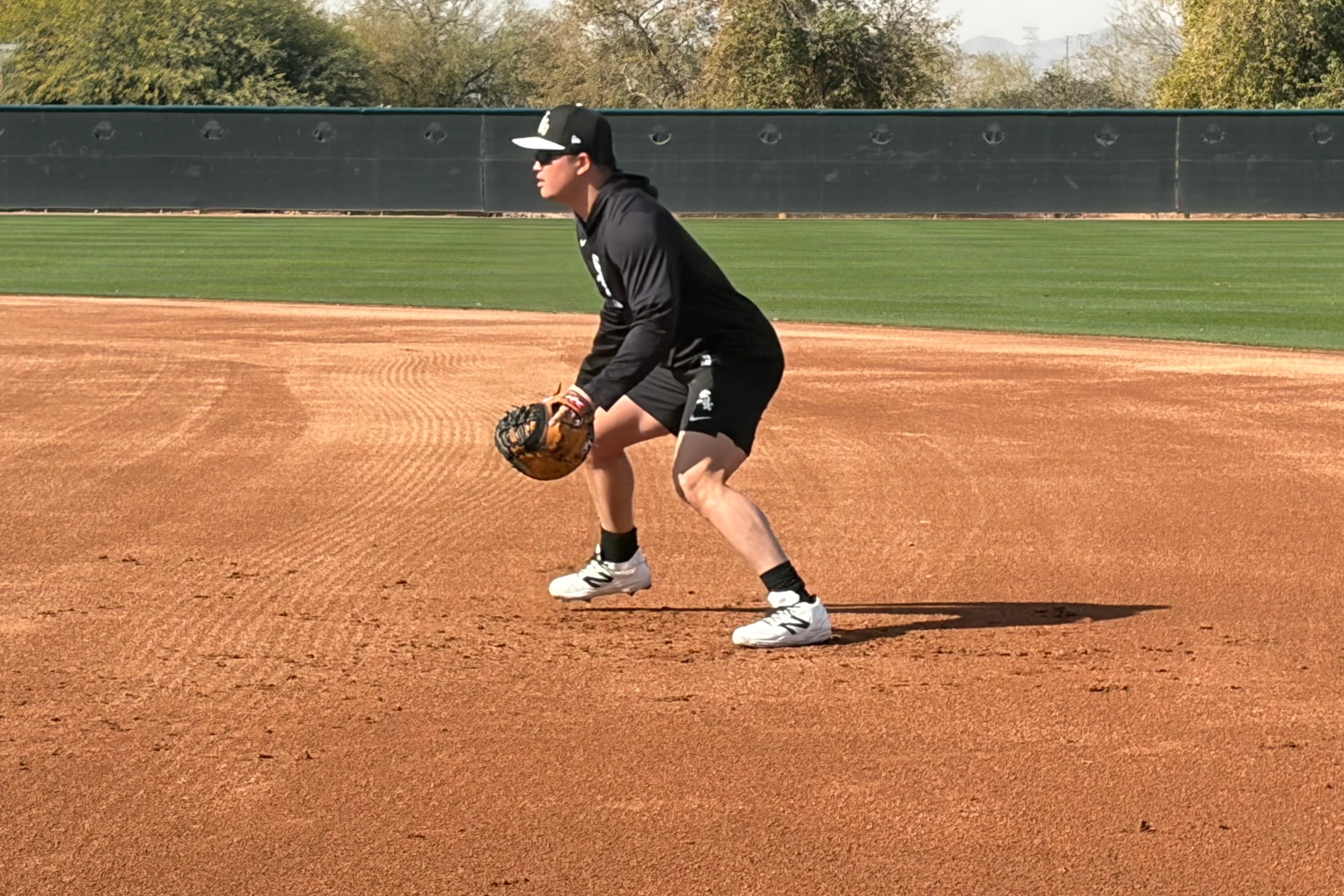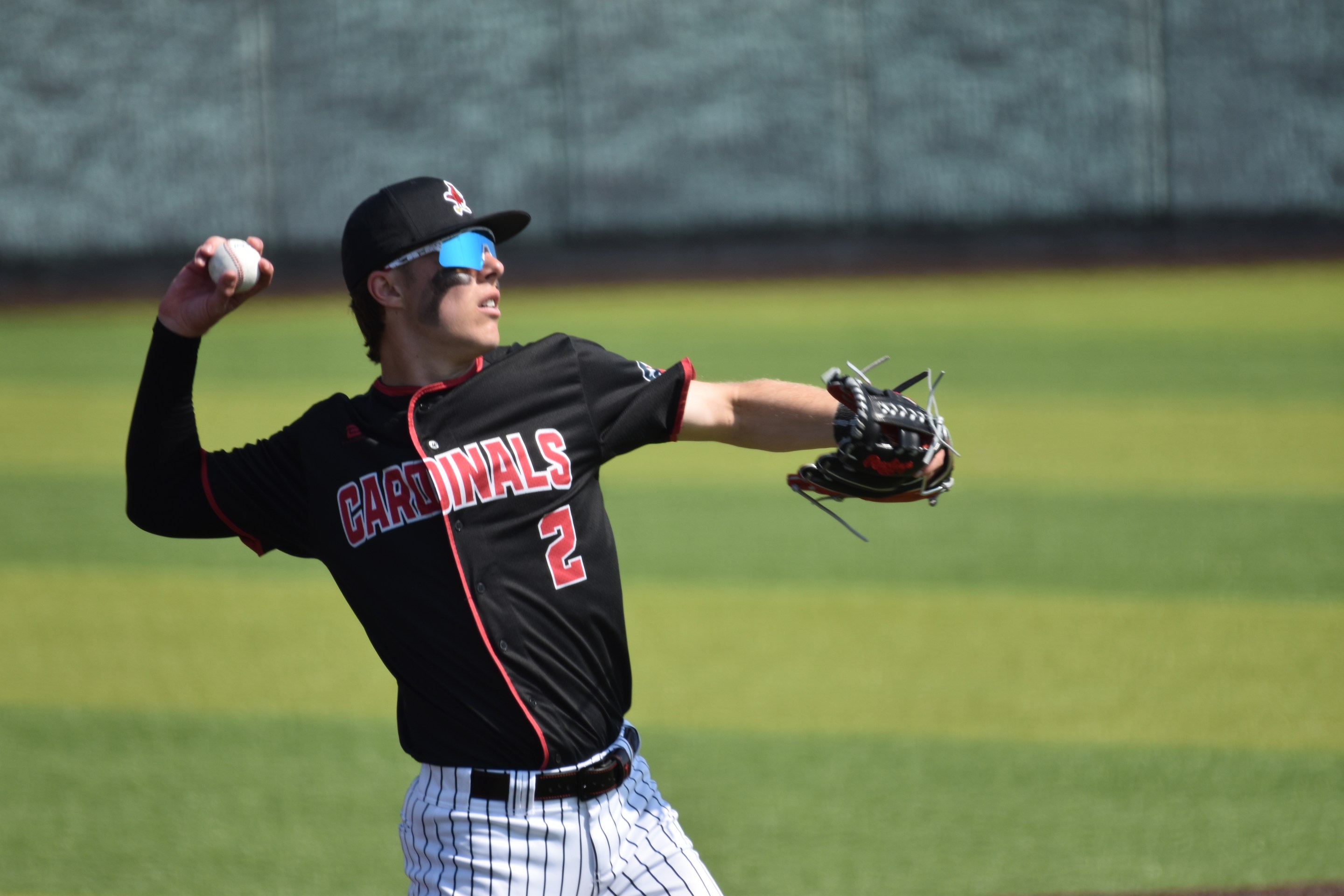Catching up on a few things, the White Sox tied up a loose end in their front office on Friday by naming Mike Shirley the team's new director of amateur scouting. He replaces Nick Hostetler, who will still be around as an assistant to the general manager on the pro-scouting side.
As you can see from the tweeted press release above, Shirley indeed rose through the ranks of the White Sox. As you can see below via James Fegan, he has no outward intention of pushing the department in a bold new direction.
“I don’t think it’s my philosophy,” Shirley said of the team’s drafting philosophy. “It’s the White Sox philosophy that comes from Kenny Williams and Rick Hahn, down to (manager of baseball operations) Jeff Lachman, who works in scouting, (assistant general manager) Jeremy Haber. It’s a team of people who have put this philosophy together. It’s not just Mike Shirley, nor will it ever be Mike Shirley. This is about the team, the White Sox. Not an individual man.”
Based on quotes from both Shirley and Hostetler that Fegan relayed, the White Sox are trying to come off as a duck -- placid up top, working like hell underneath the surface to meet the challenges of tomorrow, today. How you feel about the move likely comes down to "How did you feel about it before?" That's generally how the White Sox do things, and the most generous interpretation of Hostetler's body of work from the players it produced is that he left unfinished business for Shirley.
While I'm getting to things I meant to get to, time for some...
Spare Parts
Fegan answers the question, "What does Don Cooper do these days?" They're letting the analytics inform their bullpen sessions, which is genuinely what you want to hear:
“A lot of credit to Coop and Has (bullpen coach Curt Hasler) with having the old-school background, old-school pitching mentality and learning all this stuff from our analytics department,” [Lucas] Giolito said. “Really, really educating themselves so they can in turn help all the pitchers. We look at that stuff on an almost daily basis in our bullpens and stuff like that and that’s been super beneficial to me this year. When I can look at an outing and see I climbed up a little higher (in release point) and my ride wasn’t as good. OK, let me go into my next bullpen and focus on getting back into my good (arm) slot and then we have the Rapsodo on it and it’s like oh, there it is, there’s the carry and the way the ball should be coming out. A lot of credit to them for learning all that stuff, taking it all on.”
Giolito's season will put a positive framing on any story, but Reynaldo López is also there, trying to cement how he gets the good kind of movement on his fastball.
Rob Arthur tests the hypothesis that all the tanking teams are responsible for baseball's attendance drop over the last several years, and he comes away confident that it's a driving factor. The number of noncompetitive teams has risen by more than 10 percent over the last five years. Before it was fewer than one out three, and now it's two out of five.
When Arthur applied the attendance dip experienced by tanking teams in 2018 to the environment in 2015, he saw a similar drop:
Knowing that 2018 had distorted (less competitive) contests than 2015, we expect there to be a hit if we drop those playoff odds into 2015, when four million more fans showed up to MLB ballparks. The model estimates that an impressive 1.4 million fewer fans would have shown up in 2015 had it featured playoff odds like 2018. To put this in less technical language: about 35 percent of the attendance decline from 2015 to 2018 is attributable to less competitive baseball games.
As long as the league's teams continue to turn a profit without attendance, it'll probably take a few tanking tank jobs to reverse the league's mindset. Hopefully the White Sox aren't one of them.
The Twins rotation suffered a massive blow when the league announced that it suspended Michael Pineda for 60 games due to a positive test for hydrochlorothiazide, a drug masking agent. He was able to reduce the penalty from 80 games to 60 because he made a compelling appeal that he didn't use the diuretic as a masking agent, but the Twins will still lose him for the remainder of the season, including postseason.
Pineda is a further test to a Minnesota rotation that had been blessed with good health. His 146 innings is good for the fewest of the five starters, so it might not be that big a deal in isolation, but Kyle Gibson also just hit the injured list with ulcerative colitis.
The good news for the Twins? The Twins lead the Indians by 6½ games with 20 to play.
The good news for the White Sox? Pineda was 4-0 with a 2.88 ERA in four starts against the Sox, and they won't face him a fifth time next week.
Now enjoy this breakdown of Rick Renteria's last ejection.






